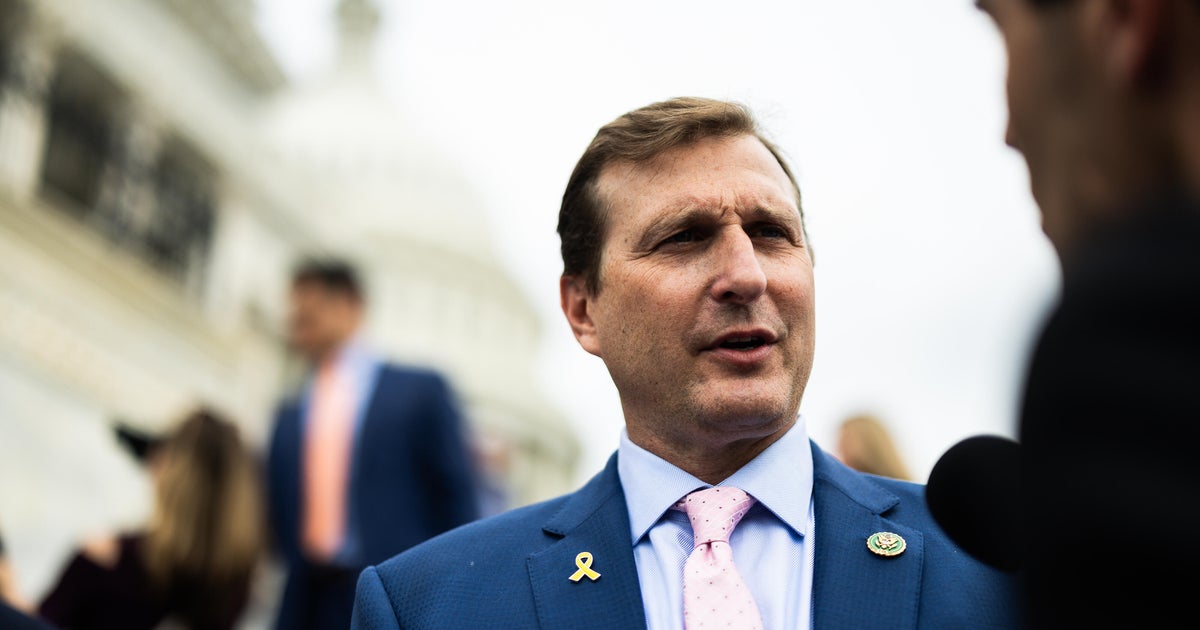In the heart of Tennessee, a political drama unfolded that highlighted the deep-seated tensions and fractures within American politics surrounding the issue of gun violence. Justin Pearson, a young and dynamic Democrat from Memphis, found himself at the center of this storm. He was ousted from his duly elected position in the Tennessee House of Representatives by his Republican colleagues, a move that was unprecedented and widely criticized as an overreach of power. This action came in the wake of a peaceful protest against gun violence—a protest motivated by recent tragic events in Tennessee, where three children aged nine and three adults were brutally killed in a mass shooting incident.
The incident that led to Pearson’s expulsion—and indeed, that of his colleague Justin Jones, another Black Democrat representing Nashville—was not one of violence nor of disruption that impeded the legislative process. Rather, both lawmakers had taken part in a peaceful demonstration inside the State Capitol, a locus where such democratic expressions are traditionally respected if not always heeded. This protest was aimed squarely at urging the Tennessee legislature to take definitive action on gun control, an issue that has become a flashpoint in American society.
The reaction from the Republicans in the Tennessee House was swift and severe. The majority party accused Pearson and Jones of a grave breach of decorum. House Speaker Cameron Sexton escalated the rhetoric, equating their peaceful protest to the violent and chaotic insurrection of January 6, 2021, at the U.S. Capitol—an analogy that many found not just misleading but deeply offensive, given the peaceful nature of the protest, which involved no violence, property damage, or arrests.
In contrast, Representative Gloria Johnson, a White Democrat who also participated in the protest, narrowly escaped expulsion, surviving the vote by a single margin. This discrepancy in the treatment of the lawmakers did not go unnoticed and added another layer of complexity and controversy to the proceedings, hinting at possible racial and partisan biases.
The expulsion of Pearson and his colleague sent shockwaves through their communities and beyond, galvanizing supporters and civil rights activists who saw this as a blatant attempt to silence dissent and democratic engagement. The backlash was particularly pronounced in Pearson’s home county.
In a remarkable turn of events, just days after their expulsion, both Pearson and Jones were given a chance to reclaim their positions through local government interventions. The Shelby County Board of Commissioners, representing Pearson’s area, cast a unanimous vote to reinstate him to the Tennessee House. This decisive action served as a potent rebuke to the state GOP’s earlier decision to expel him.
Upon his reinstatement, Pearson delivered a fervent and moving speech. He was not merely addressing his immediate audience but also the broader community of Tennessee and his Republican colleagues in Nashville. His words were of unity and defiance, resilience and hope. “What we have shown here in Shelby County, what we have shown here in Memphis, Tennessee, with my family, my fiancé, my brothers, is that we do not speak alone. We speak together. We fight together,” Pearson declared. He emphatically stated that the values he stood for—hope, justice, and communal voice—could not be expelled by legislative maneuvers.
Moreover, Pearson’s vow to continue the fight for justice and his call to return to work underscored his commitment to his constituents and the issues at the heart of his legislative agenda. These sentiments were echoed and amplified as he was sworn in the following morning in a ceremony held outside the state Capitol, symbolizing not just a return to office but a reaffirmation of democratic principles.
Similarly, Justin Jones was reinstated by the Metropolitan Council of Nashville and Davidson County. His return to the Capitol, accompanied by a throng of supporters, was charged with symbolic significance. He, too, was ceremonially sworn in on the steps of the Capitol, marking a defiant and poignant comeback.
The story of Pearson and Jones is emblematic of broader national struggles over gun control, racial justice, and the integrity of democratic institutions. It highlights the contentious and often polarized nature of American politics, where issues of public safety and individual rights are fiercely debated. Yet, it also reflects a powerful commitment to these democratic processes and principles, as local communities and elected officials push back against what they perceive as injustices, rallying to support leaders who stand up for their values and rights.
This episode in Tennessee serves as a reminder of the vitality of democratic engagement and the importance of legislative accountability. It demonstrates that, even in the face of daunting challenges and opposition, advocacy and activism can prevail, bringing about change and reinforcing the foundational values of democracy: justice, inclusivity, and the power of the collective voice.









